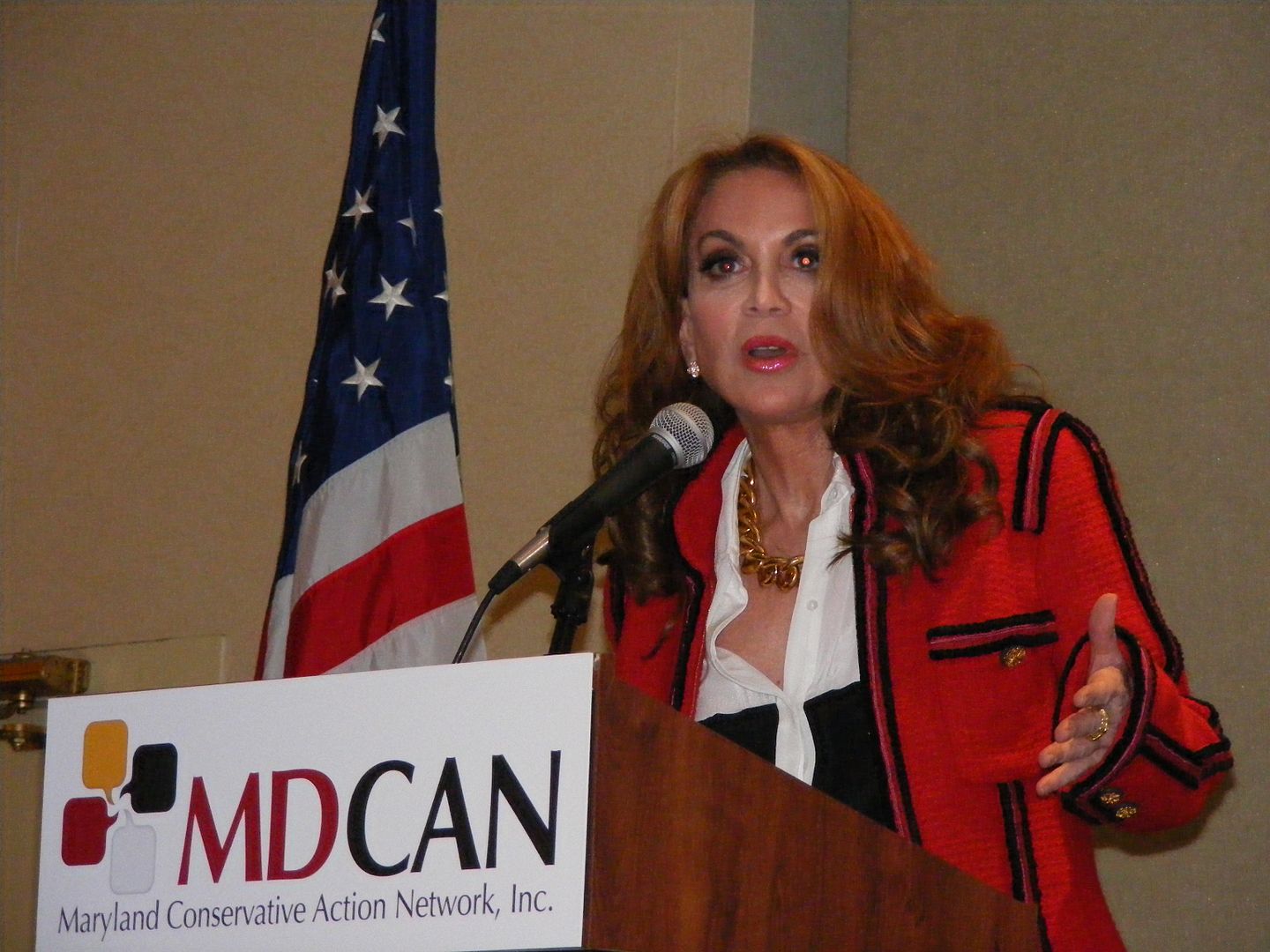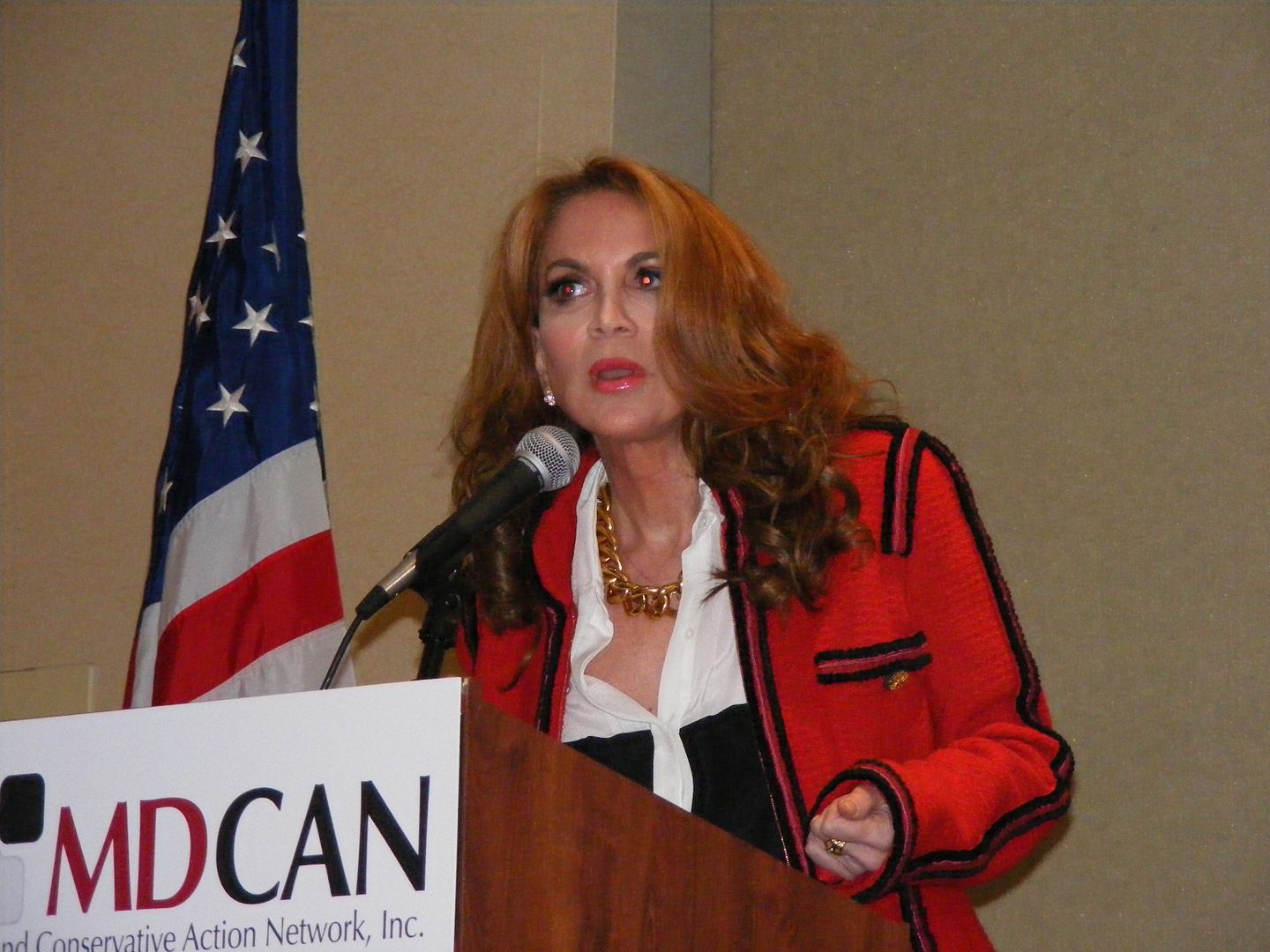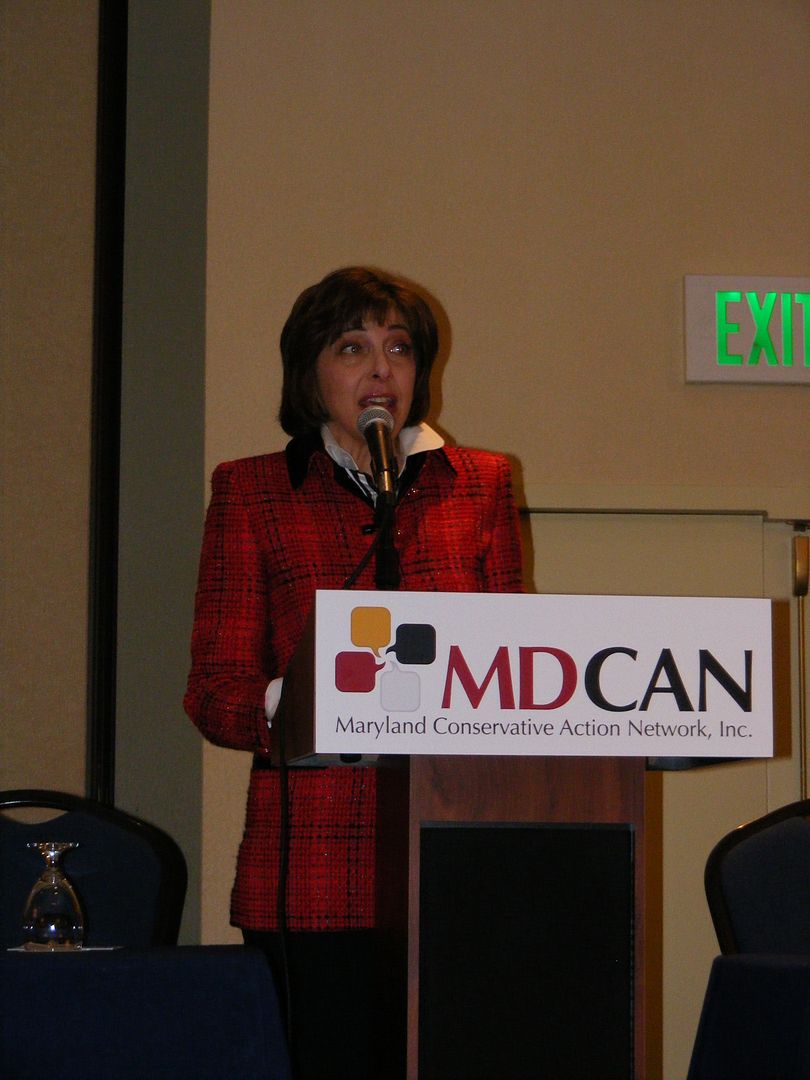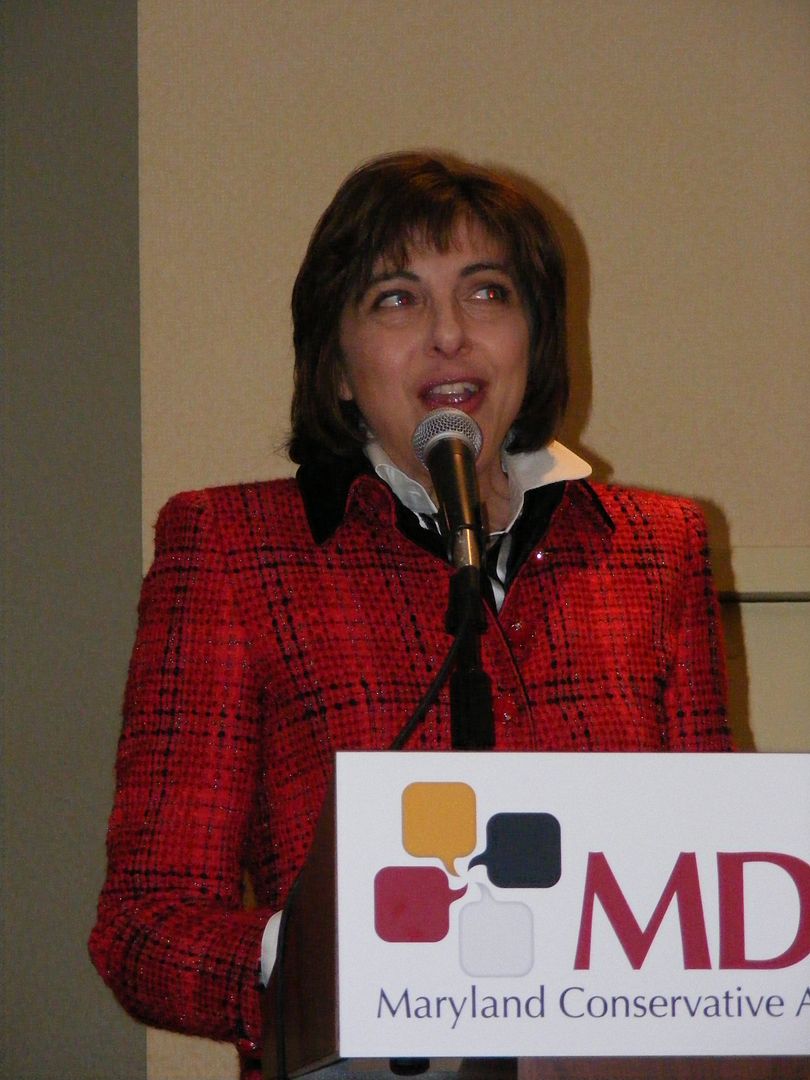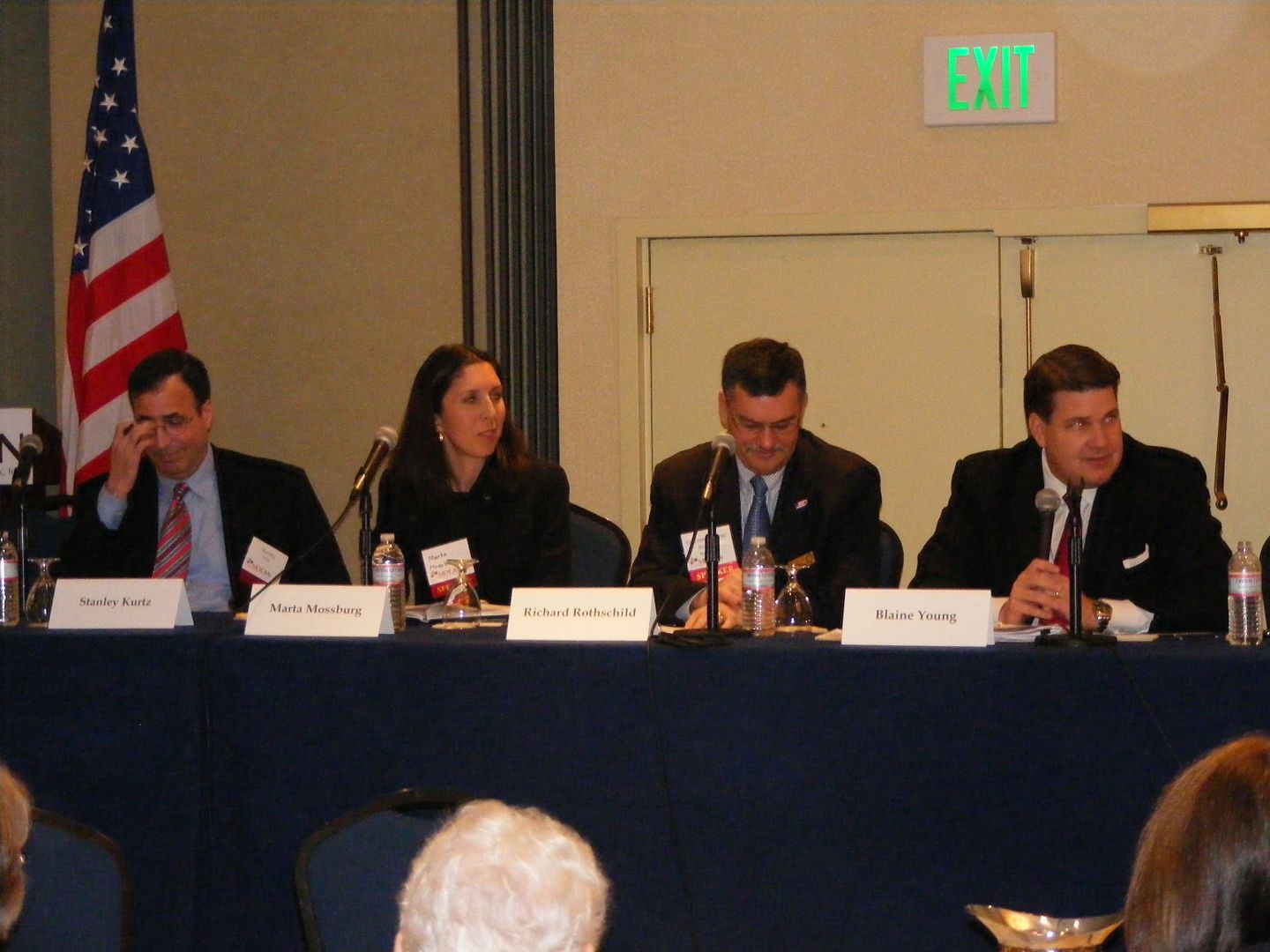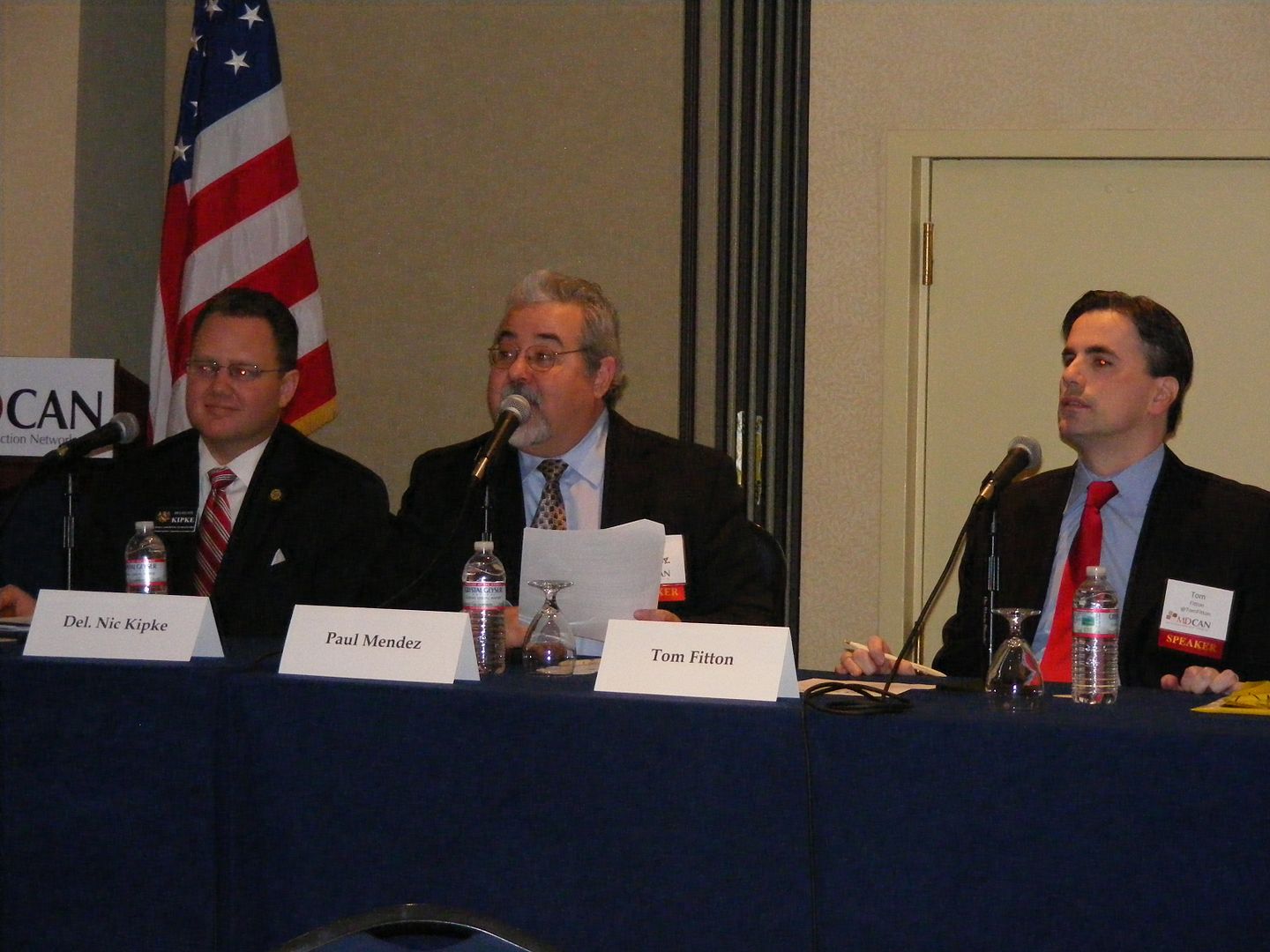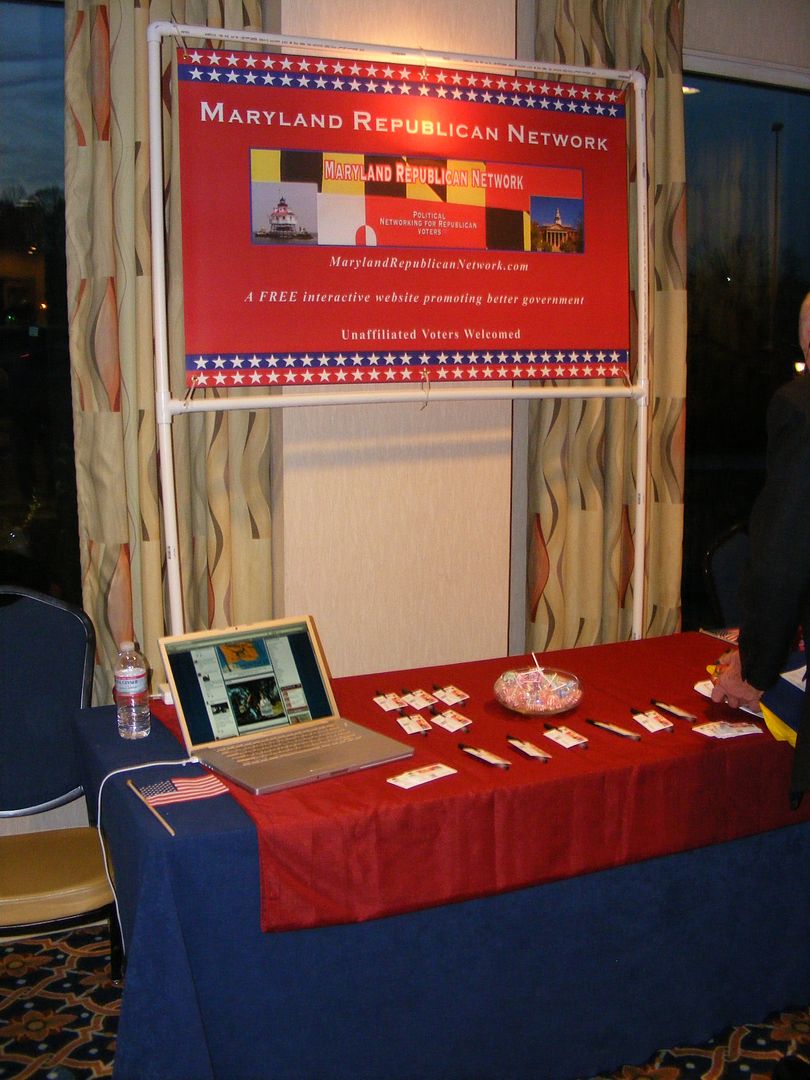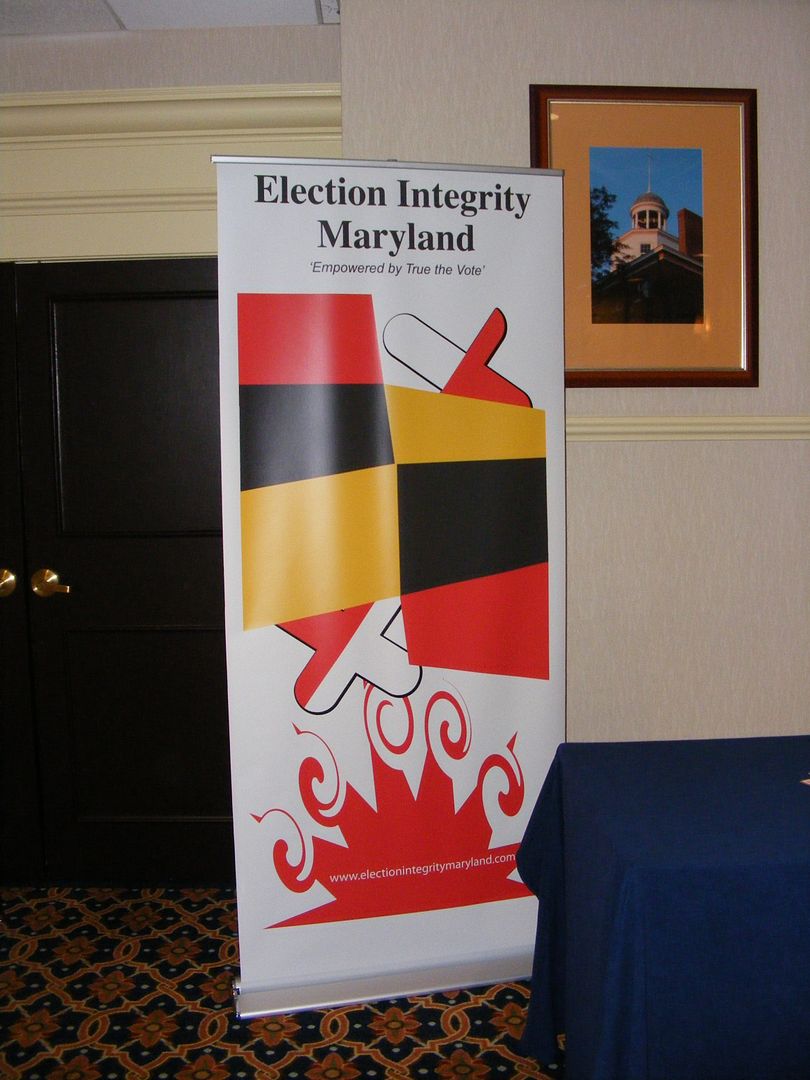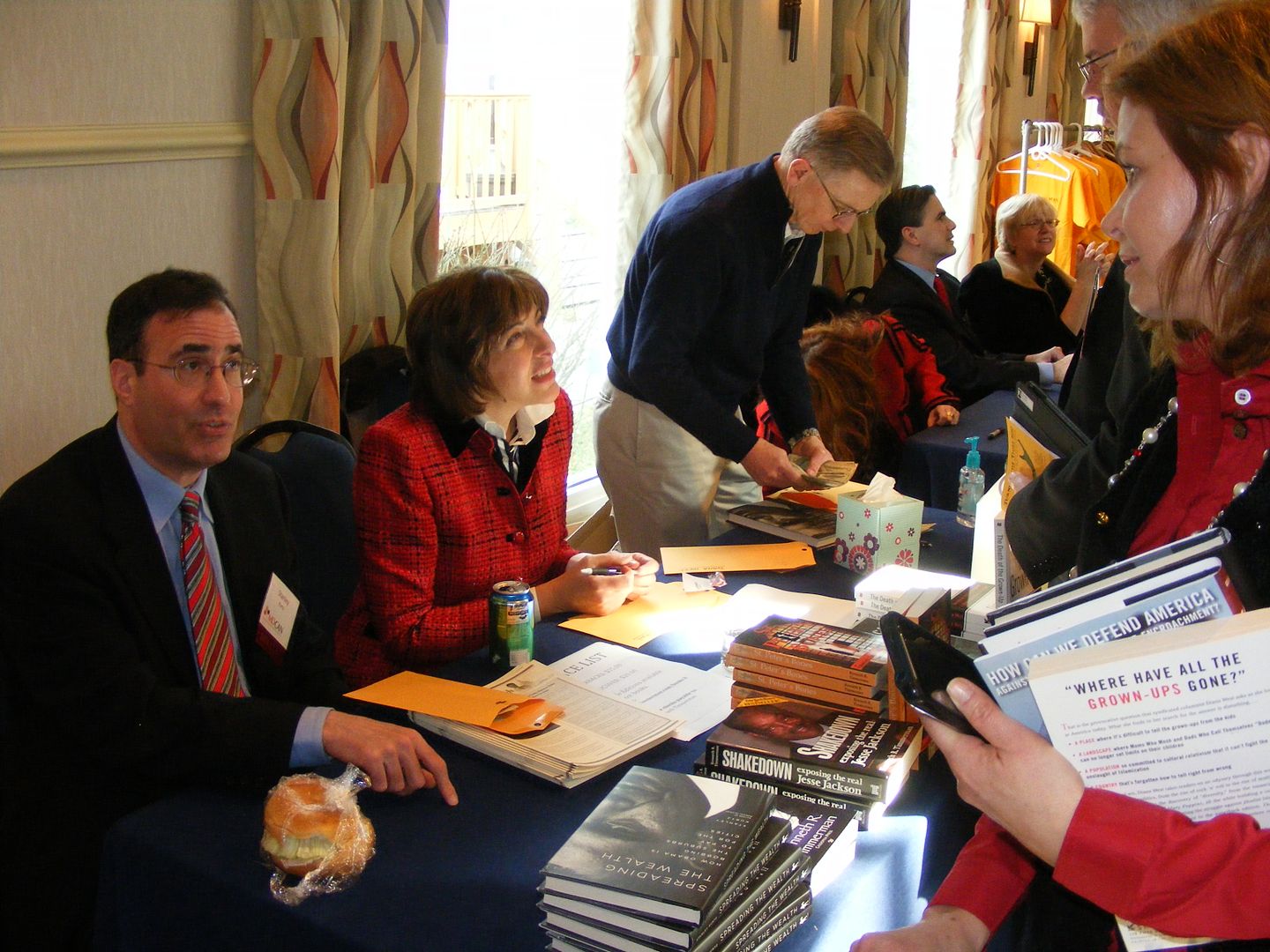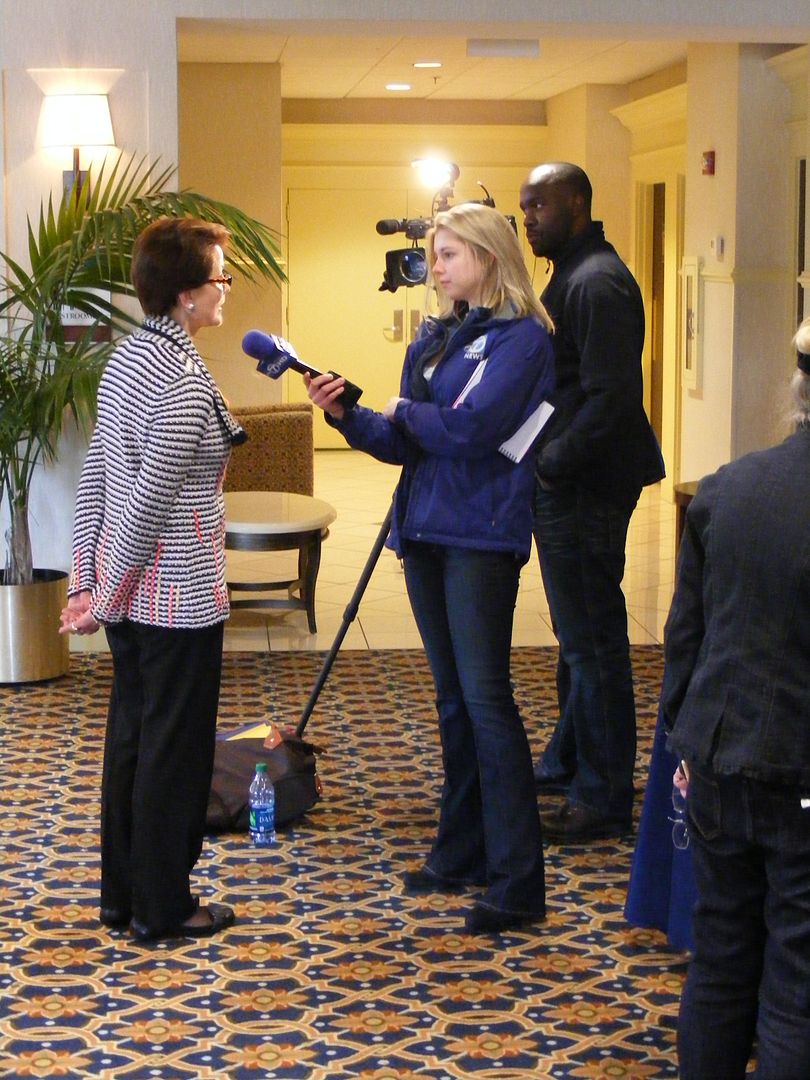As I work my way up to the most important aspects of deciding on a Presidential candidate to back, I come to foreign policy which will be worth 12 points.
In doing this part, I’m going to make the assumption that, by and large, these candidates will represent a sharp turn from the disastrous direction our foreign policy has taken under our current President and (for one term) his presumptive Democratic replacement. So since these candidates will represent a sea change, I also want to know how much of a priority they place on it. This will actually make my research easier since I will do it specifically from their campaign websites, including their position papers and news they link to.
For various reasons, I’m ambivalent about certain aspects of foreign policy but I want those who oppose our nation treated as enemies and those who back us to be embraced as friends. I’m no longer convinced we can build nations as we tried to do in the Middle East but regard radical Islam as a threat which will require a Long War to neutralize and contain.
Thus, it’s time to see how they do.
Not only does Jim Gilmore have a comprehensive approach to foreign policy on the website, in all aspects save one it is spot on. My lone quibble would be the wisdom of creating a NATO-like defense pact with Middle East nations against Iraq, one which would include Israel. Aside from that, he has charted an impressive course that tops the field.
Total score for Gilmore – 11.5 of 12.
Lindsey Graham is basing his campaign on being the national security hawk, so you better believe he has a plan. Parts of it may be a difficult sell, but it’s combined with some ideas on the domestic front as well, Overall, a great effort.
Total score for Graham – 11.0 of 12.
In establishing the “Rubio Doctrine,” Marco Rubio has hit on many key points and included others, such as our relationship with Europe. But to me it may be a little too interventionist because we don’t need to be the world’s policeman and that’s how I interpret the statement. Nor do I support making Section 215 of the Patriot Act permanent. It’s why Rubio doesn’t have a higher score.
Total score for Rubio – 9.0 of 12.
Focusing more on national defense and the failures of the Obama administration, it seems that Bobby Jindal is a firm believer in the old Reagan-era “peace through strength” doctrine. Some will certainly call him a neocon, but he presents a compelling case for returning to that brand of thinking. However, he doesn’t consider the civil liberty aspect of his ideas, and that drops him slightly.
As he did on energy, though, he presents a very comprehensive plan.
Total score for Jindal – 8.4 of 12.
Jeb Bush stresses three things when it comes to foreign policy: the war on radical Islam, our friendship with Israel, and the mistake we are making in normalizing our relationship with Cuba without demanding democratic reforms first. He has a very detailed plan to address radical Islam, but it may be a tough sell to the American people because surely the Democrats and the media (but I repeat myself) will be talking down those efforts.
Yet there is an elephant in the room ignored – or perhaps a bear and a dragon. Admittedly, Bush’s website is a little frustrating to navigate but I found no mention of Russia or China and how he would address those nations. Overall, though, his effort is solid.
Total score for Bush – 8.0 of 12.
Eight years ago, the thing that sank his father’s campaign with me was an unrealistic, isolationist view on foreign policy. Rand Paul is a little more flexible in that regard, and is hesitant to return to the Middle East because of it. He believes that we should not go it alone in that theater, and to that extent he is correct. I’m not as certain how he would deal with other enemies in a Cold War-style situation, though, which is why I hesitate to grade him higher.
Total score for Paul – 7.5 of 12.
Scott Walker is set against radical Islam and the Iranian deal, but I’m not as certain how he will react against others who threaten us. He seems to want to follow a Reaganesque path, but it’s worth noting that we withdrew from the Middle East under Reagan. Will Walker buckle under that pressure?
Total score for Walker – 7.0 of 12.
The conventional wisdom was that Ben Carson would be weak on foreign affairs as a political neophyte. So while he is for keeping Gitmo open, noting plainly that we should be a friend to Israel, warning about Russian aggression, and decrying the poorly thought-out Iran nuclear deal, it’s done as a broad statement rather than a detailed approach. It may be fleshed out in coming months, but for now it isn’t as strong as some others.
Total score for Carson – 6.0 of 12.
Similarly to Carson, Carly Fiorina had spoken in broad, big picture terms on her foreign policy. But she vows on day one to reassure Israel about our friendship and tell Iran that their deal is going to change to allow more surprise inspections. She’s also vowed to send a message to Vladimir Putin through various strategic moves like reinstating an Eastern European missile defense system and rebuilding the Sixth Fleet. It’s a promising start.
Total score for Fiorina – 6.0 of 12.
Chris Christie has a relatively comprehensive foreign policy vision which is global as it mentions both friends and foes. However, there are two issues that I have with it. One is the civil libertarian aspect of continuing Patriot Act provisions, which Chris avidly supports, and the other is about not treating China as an adversary. Until they stop pointing missiles at us, threatening the sovereign state of Taiwan, and manipulating currency to benefit their economy at our expense, I consider them a foe. Communism and Constitutional republics are mutually exclusive.
Total score for Christie – 5.5 of 12.
Ted Cruz seems to have his head on straight regarding foreign policy, but the information is so piecemeal I had a hard time digesting it all. A for effort, D for presentation.
Total score for Cruz – 5.0 of 12.
I have much the same problem with Rick Perry. For example, he did a major policy speech last year that was warmly received – but it’s hard to tell how he would react to newer crises. Aside from immigration, he seems more a domestic policy president.
Total score for Perry – 5.0 of 12.
With Mike Huckabee, as I read through his site I get the sense that we will have a reactive foreign policy more so than a proactive one. For example, he decreed that we should hack China back after they hacked into our computer systems. It seems to me that would be an expected move but not necessarily strategic. While he stresses Israel a lot, he seems a little simplistic so I don’t get that great of an impression.
Total score for Huckabee – 4.8 of 12.
John Kasich seems to want to tie the extent of his foreign policy to the extent of the economy, noting we can afford enhanced defense spending as we improve the economy. But I don’t really see what he would do in terms of relationships.
Total score for Kasich – 4.8 of 12.
With a foreign policy primarily focused on the Iranian deal and using Kurdish proxies to subdue ISIS, there’s a lot I’m left wondering about when it comes to George Pataki. So he doesn’t score very well.
Total points for Pataki – 4.0 of 12.
I can tell you that Rick Santorum doesn’t like the Iran deal and wants to bomb ISIS back to the 7th century. As for China, Russia, and how to pick up the pieces afterward, who knows?
Total score for Santorum – 2.0 of 12.
After doing well on immigration, Donald Trump falls again on foreign policy. There is rhetoric and there is a plan, and Trump has plenty of former and not much on the latter.
Total score for Trump – 0.0 of 12.
My next part is worth 13 points; however, I suspect scoring will be low because my view on entitlements is decidedly more libertarian than the field will likely present.





